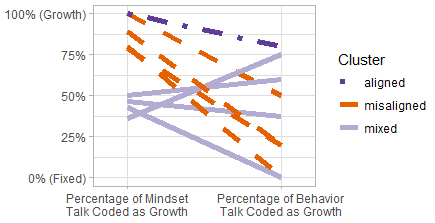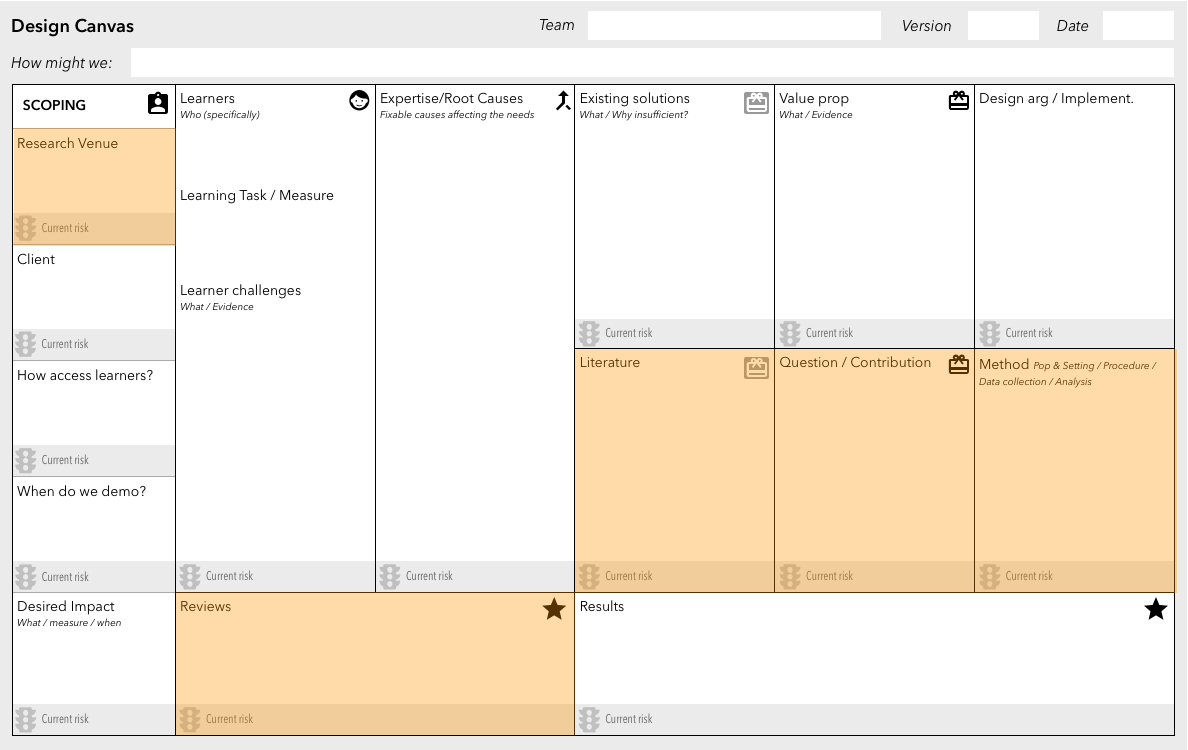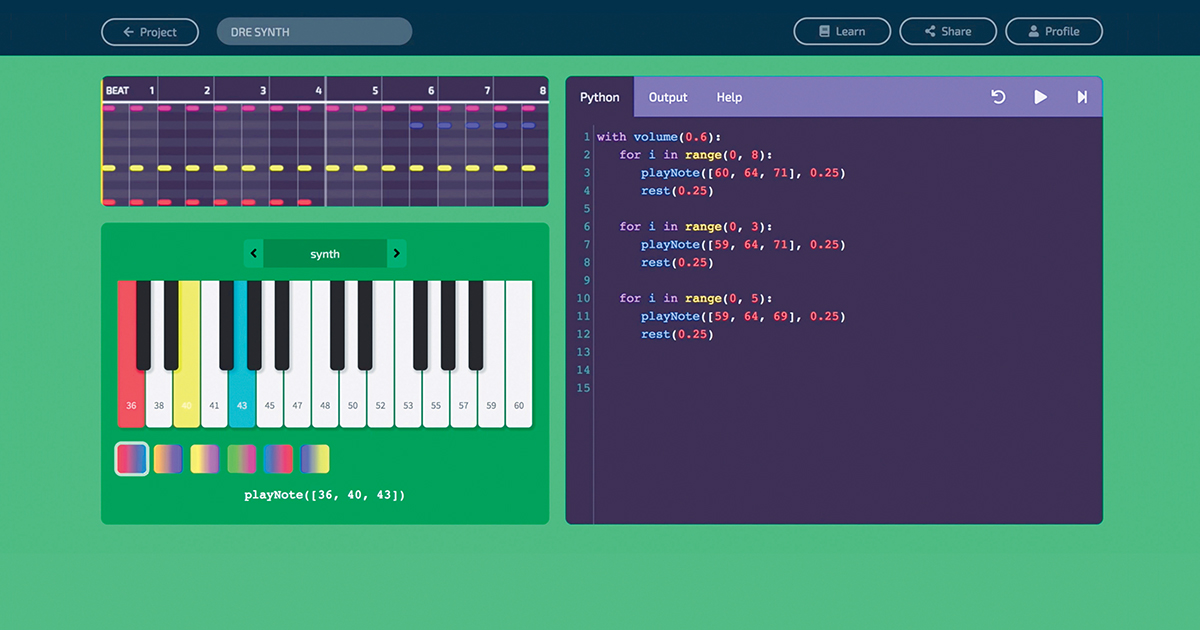Jamie Gorson
Ph.D. Student in Computer Science and Learning Sciences
Current Research Project
Novice Programmers Perceptions About Intelligence

We are exploring how students evaluate their programming intelligence while in CS1. First, we evaluated how students talk about mindset and how their mindset towards intelligence may impact their behaviors. We next explored the moments in the programming process that cause students to feel like they can not succeed in CS. From this project, we took our work in two directions. In one direction, we investigated the reasons why students negatively self-assess at these moments of the programming process, including perceptions of professional programmers, gender and self-critical bias. We also designed a tool to automatically detect these moments in the programming process that cause students to negatively self-assess. We created a new approach for designing detection tools that incorporates student perceptions of their process.
Publications:
Jamie Gorson, Kathryn Cunningham, Marcelo Worsely, and Eleanor O’Rourke. 2021. Using Electrodermal Activity Measurements to Understand Student Emotions While Programming. Proceedings of the ACM International Computing Education Research Conference (ICER 2022). [Paper]
Jamie Gorson, Nicholas LaGrassa, Cindy Hsinyu Hu, Elise Lee, Ava MarieRobinson, and Eleanor O’Rourke. 2021. An approach for detecting student perceptions of the programming experience from interaction log data. International Conference on Artificial Intelligence in Education. Springer. 2021. [Paper]
Jamie Gorson, Eleanor O’Rourke (2020). Why do CS1 Students Think They’re Bad at Programming? Investigating Self-Efficacy and Self-Assessments at Three Universities. Proceedings of the ACM International Computing Education Research Conference (ICER 2020). [Paper] [Survey Instrument] [Video of the presentation]
Jamie Gorson, Eleanor O’Rourke (2019). How Do Students Talk About Intelligence? An Investigation of Motivation, Self-efficacy, and Mindsets in Computer Science. Proceedings of the ACM International Computing Education Research Conference (ICER 2019). [Paper]
Exploring Why Novice Programmers Have Negative Perceptions
We have begun a few additional studies to further explore why students have these perceptions of programming intelligence. We are exploring student perceptions of professional programmers, their sense of belonging and their self-critical bias.
Publications:
Jamie Gorson Eleanor O'Rourke (2021). CS1 Student Assessments of Themselves Relative to Others: The Role of Self-Critical Bias, Gender, and Sense of Belonging. Presented at ISLS 2021. [Paper]
Previous Graduate Research Projects
Designing a PBL Design Environment:

Publications:
Daniel G. Rees Lewis, Jamie Gorson, Leesha V. Maliakal, Spencer E. Carlson, Elizabeth M. Gerber, Christopher K. Riesbeck, and Matthew W. Easterday (2018). Planning to iterate: Supporting iterative practices for real-world ill-structured problem-solving. Presented at ICLS 2018. [Paper]
Spencer E. Carlson, Leesha V. Maliakal, Daniel G. Rees Lewis, Jamie Gorson, Elizabeth M. Gerber, and Matthew W. Easterday (2018). Defining and assessing risk analysis: the key to strategic iteration in real-world problem solving. Presented at ICLS 2018. [Paper]
TunePad

Poster:
Jamie Gorson, Nikita Patel, Elham Beheshti, Brian Magerko, Michael Horn (2017). TunePad: Computational Thinking Through Sound Composition. In Proceedings of Interaction Design and Children (IDC'17). Stanford, CA. [Paper]

